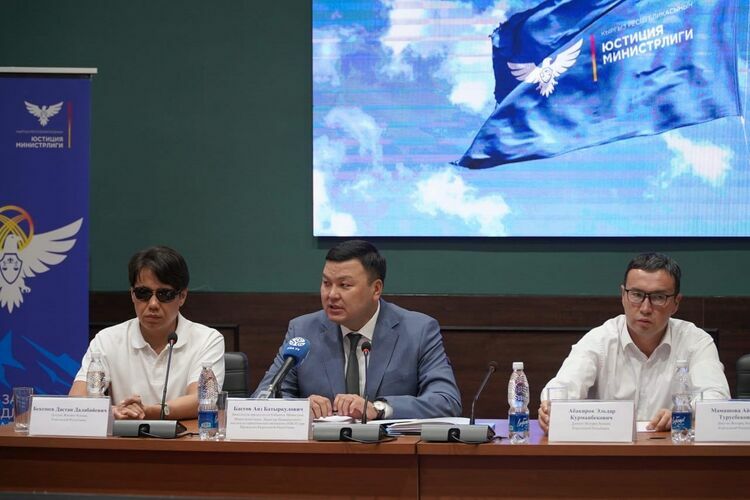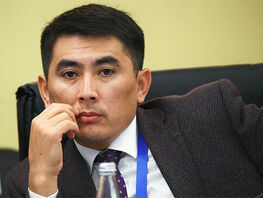According to the National Statistical Committee, there are 37,637 children with disabilities under the age of 18 in Kyrgyzstan. This means that about 79.3 percent of this category are covered by formal education. The press service of the Ministry of Justice reported following a meeting devoted to inclusive education and updating youth policy.
At the same time, according to its data, about 7,700 children remain outside the education system due to administrative, infrastructural and medical restrictions.
The Ministry of Justice of the Kyrgyz Republic and the National Institute of Strategic Initiatives under the President of the Kyrgyz Republic propose to develop measures to reform inclusive education and youth policy.
The meeting is a response to the growing public demand for fair and sustainable solutions in the interests of children with special educational needs (SEN).
The Ministry of Education and Science provided data on the current situation: more than 1.5 million students go to 2,394 schools in Kyrgyzstan, of whom 29,728 are children with disabilities.
As the Minister of Justice, Director of the National Institute of Strategic Initiatives Ayaz Baetov noted, the time has come to abandon outdated and discriminatory approaches and move on to specific, measurable reforms, where the focus is not on the system, but on the children themselves.
During the discussion, systemic problems were voiced, including bureaucratic barriers and the inefficiency of psychological, medical and pedagogical consultation (PMPC) procedures, which often limit the right of children to education.
Key proposals submitted for discussion:
- Adaptation of educational standards taking into account the inclusive approach and individual trajectories;
- Revision of the regulatory framework for the activities of the PMPC;
- Creation of an electronic register of children with special educational needs and development of interdepartmental data exchange;
- Restrictions on the admission of healthy children to specialized preschool institutions;
- Development of support mechanisms for private organizations implementing inclusive practices;
- Elimination of duplicating functions between government agencies in youth policy.
Following the meeting, a roadmap with proposals was drawn up. The document will be sent for consideration to the relevant government agencies.







